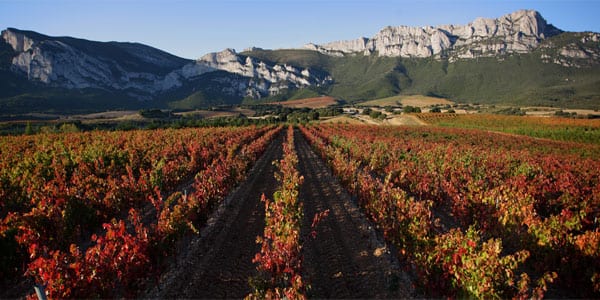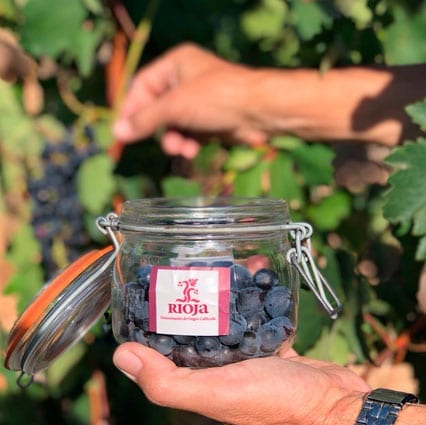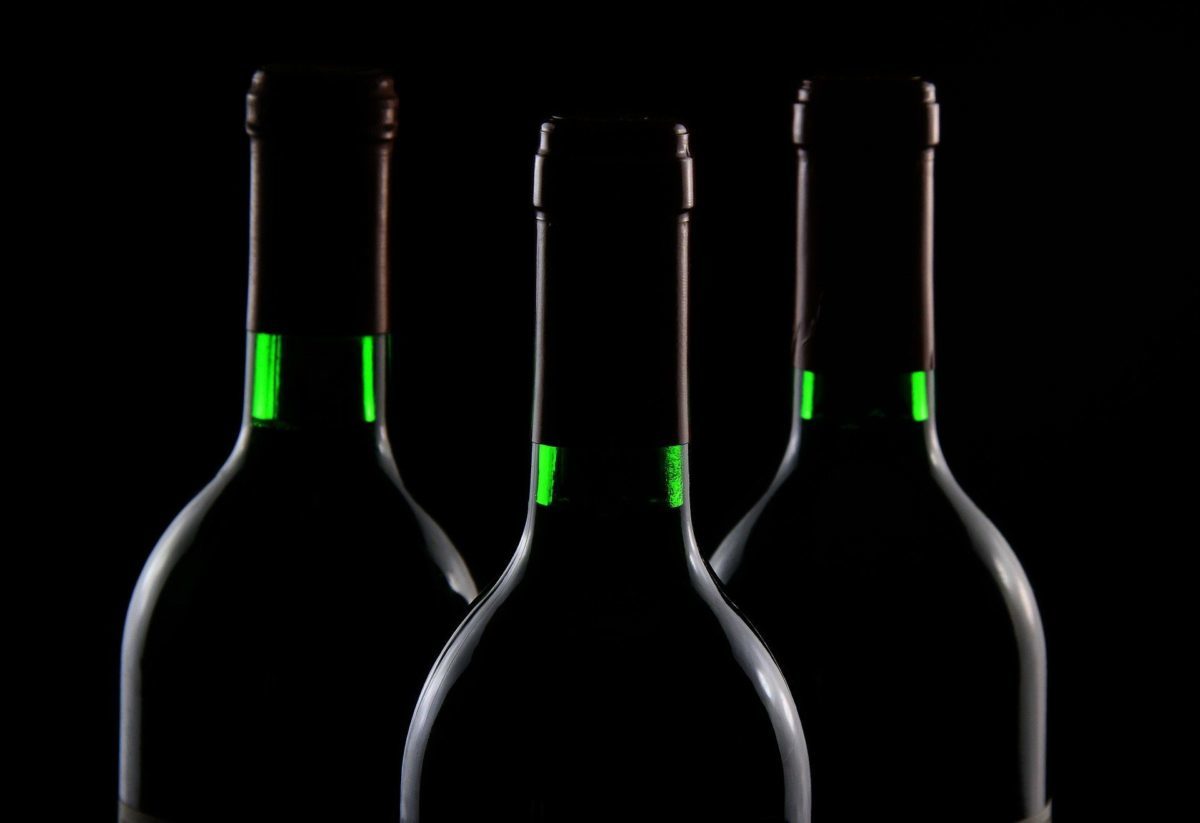On July 24, and in an emergency session, the plenary session of the Regulatory Council of the Rioja Qualified Denomination of Origin met. The issue to be discussed was to agree on their position before the Law proposal promoted by the Basque Nationalist Party in the Congress of Deputies. The PNV wants to modify Law 6/2015, of Denominations of Origin and Protected Geographical Indications of supra-autonomous territorial area. This proposal aims to create its own Regulatory Council to Rioja Alavesa. We will tell you more below!
In this way, this proposition “directly affects the current model, regulations and operation of the DOCa Rioja«. It has been described by the body “as an attempt to split and independence carried out through an artificial way of law and a political expropriation ”.
DOCa Rioja asks for help from political parties
In an internal document of the Regulatory Council of the DOCa Rioja, has expressed its firm intention to use all the resources at its disposal to stop this initiative. Qualifying what in his opinion is an initiative to create a de facto new Appellation of origin.

As we pointed out, the intention apparently is to use and mention in the labeling of a geographical area, within the DOCa Rioja how would it be Rioja Alavesa. In this way, a independent management model. Thus, issues such as control, inspection and sanction regime would depend on the Basque government.
Already at the beginning of this year the executive reactivated an initiative in this sense for the creation of a denomination of origin called "Álava vineyards”. All of it without informing DOCa Rioja, that he found out from the press.
The change in the law would affect other DOs
At the meeting on the 24th, a commitment was made to act actively. In this way, the appropriate steps will be taken to urge all the parliamentary groups of the Congress of Deputies and the autonomous governments of the other two Autonomous Communities where it can affect. The Ministry of Agriculture, Fisheries and Food to oppose, directly and through their parliamentary representatives in Congress, to the success of this initiative.
In this sense, by involving others autonomous governments all participants of the Designation of Origin Jumilla and the Denomination of Origin Cava. Also supraautonomic DO. Since the modification of this law to their management would affect them, or could affect them directly. There was already a recently closed crisis in the DO Cava, opened partly also for similar reasons.

The manifesto agreed against Rioja Alavesa
The manifesto fruit of the meeting agrees and reaffirms the importance of the unity and uniqueness of the Rioja Qualified Denomination of Origin. Also the exclusive attribution of its management to the sector. All with the aim of guaranteeing the quality of the protected wines, fair competition among all those registered and the interests of consumers.
President Regulatory Council Fernando Salamero has wanted to influence that “when a consumer buys a wine from Rioja Alavesa, buy a Rioja. A wine that has followed a rigorous certification process. The CR today is capable of granting that guarantee of quality and origin for each of the three areas that make up the Denomination. These are Rioja Alavesa, Rioja Alta and Rioja Oriental. Also for their 144 municipalities and some unique vineyards. This is an important tool for differentiation for wineries, but also a seal of trust and rigor. This seal has cost us a lot of effort to create and be recognized internationally, and we must not allow it to be distorted now ”.
Rioja Alavesa is synonymous with differentiation
Of the three areas that comprise the DOCa Rioja, la Rioja Alavesa is the shortest with a little more than 13 thousand hectares, of the 65 thousand that has the denomination of origin. Although some experts do believe that there are differences in wine, since they are more structured and phenolic. In addition, this area passes the line of Wagner, which divides European wines between Atlantic and Mediterranean. Smaller farms and wineries can also make a difference. Although everything indicates that the motivation is political, of power and control.







